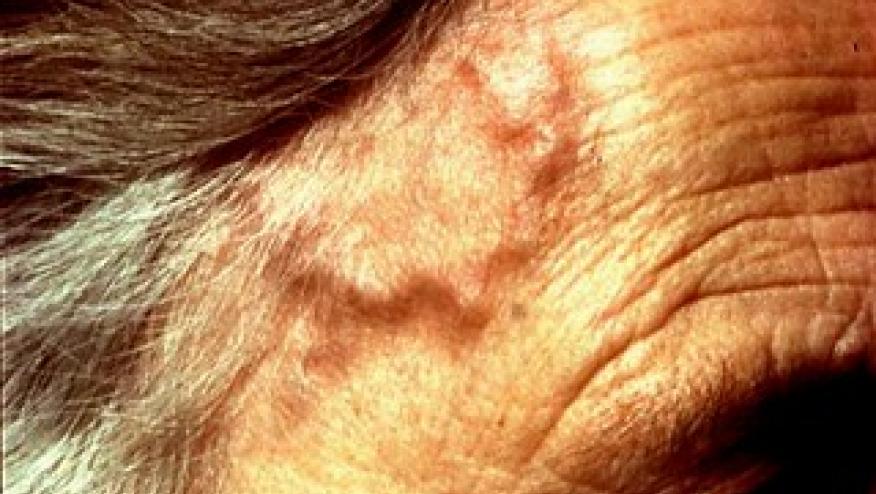Secukinumab Use in Refractory Giant Cell Arteritis Save

In 2023, the phase 2 TitAIN study showed that the effectiveness and safety of secukinumab in 52 patients with giant cell arteritis (GCA) who had an inadequate response to tocilizumab. While we await the results of a larger phase 3 trial, there is a 6 patient case series also suggesting the efficacy of IL-17 inhibition in GCA, not responding to TCZ.
A case series of six GCA patients from three centres in Italy. All were treated with secukinumab (300 mg SC weekly for four weeks, then 300 mg monthly). Clinical outcomes were assessed at six months.
All GCA patients were women, with a median age of 72 years and all had cranial symptoms at onset. Tocilizumab failure occurred after a median of 14 months (IQR, 11–22). Following secukinumab , all patients achieved clinical and laboratory remission within six months. In 4 patients imaging confirmed complete resolution of vasculitis. Three patients successfully discontinued glucocorticoids within four months, with the remaining on low-dose prednisone.
Secukinumab is not currently FDA approved for use in GCA. But these data further support the need for phase 3 data on this promising intervention for those with GCA refractory to tocilizumab.










If you are a health practitioner, you may Login/Register to comment.
Due to the nature of these comment forums, only health practitioners are allowed to comment at this time.